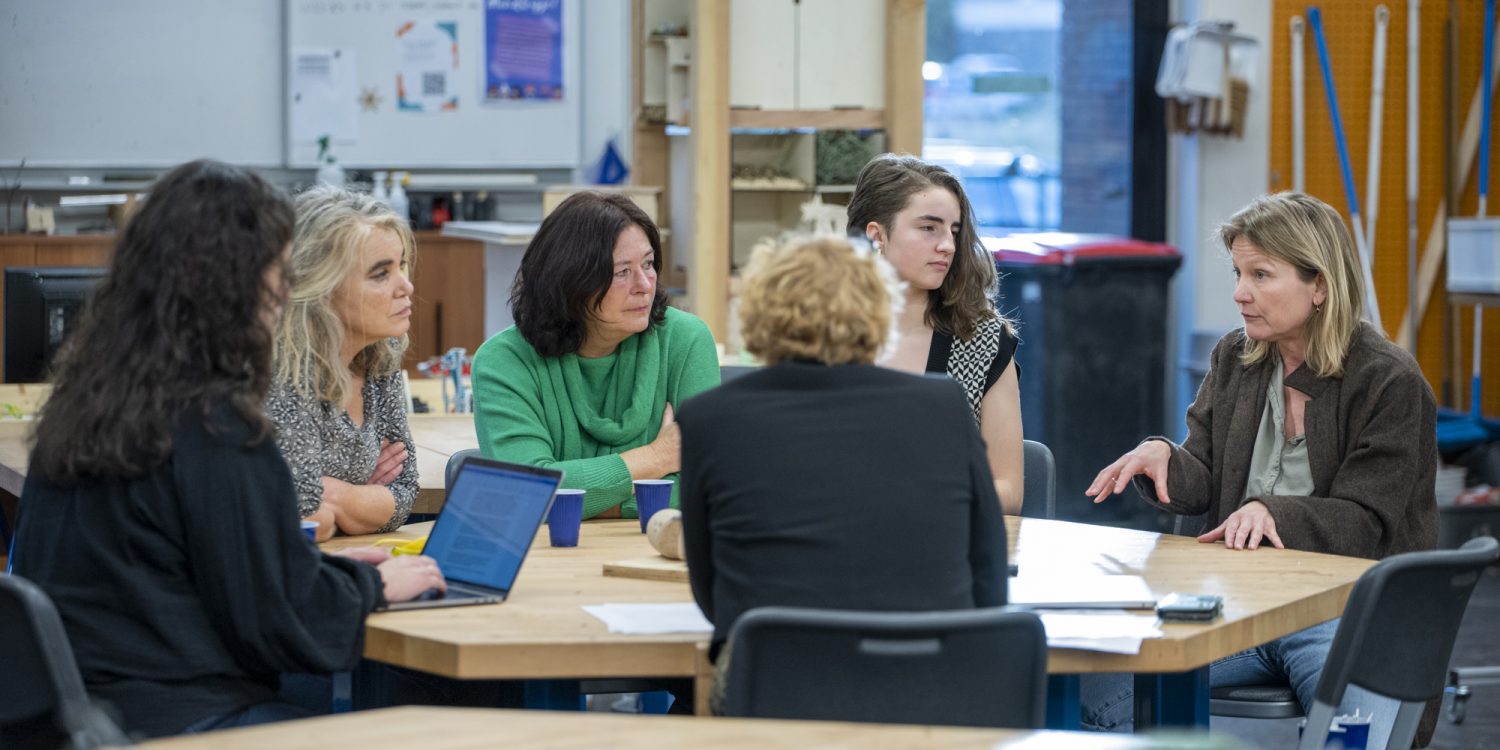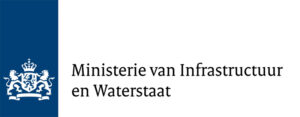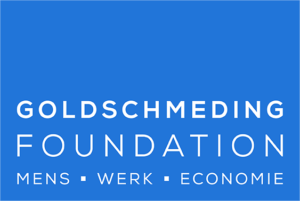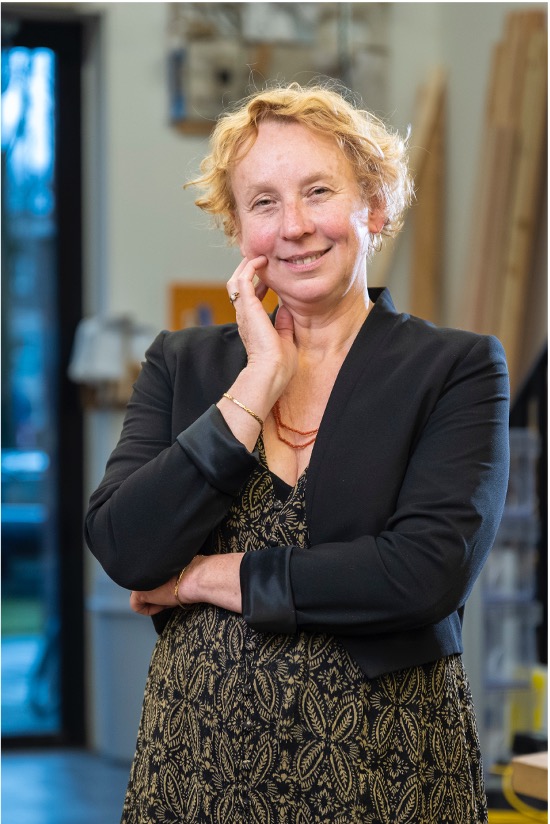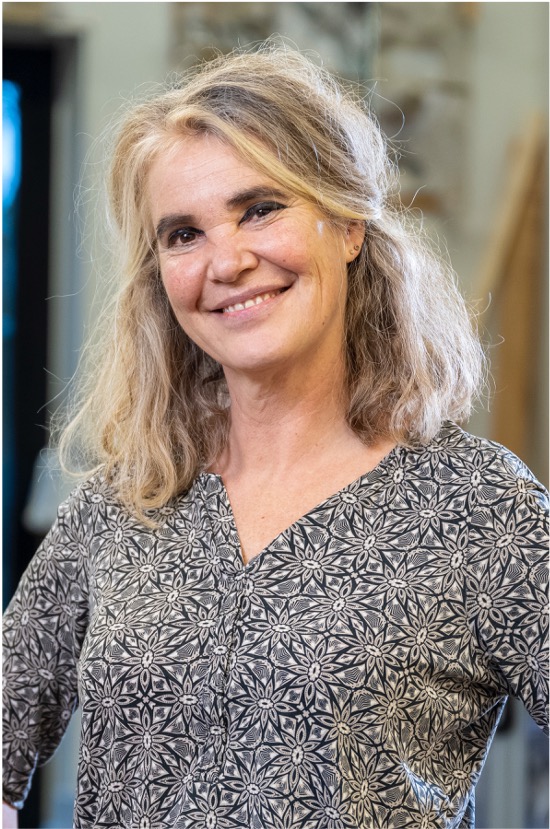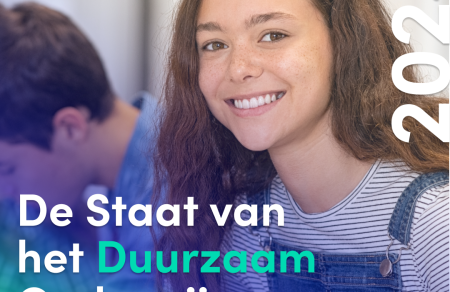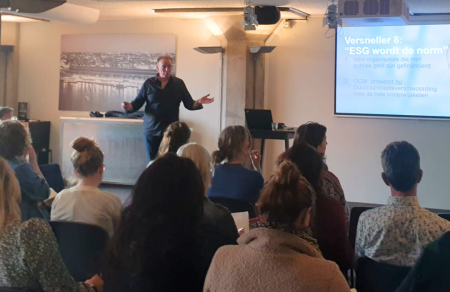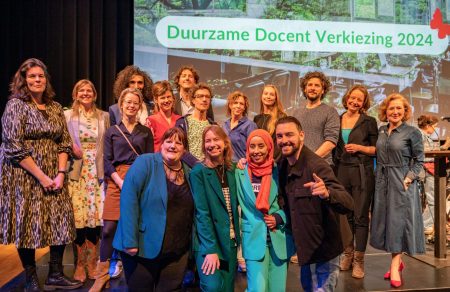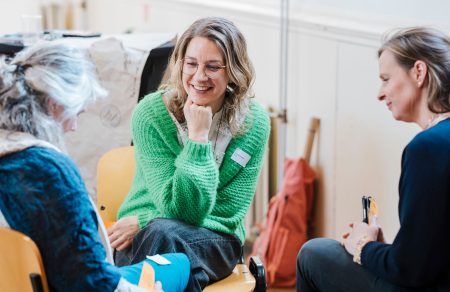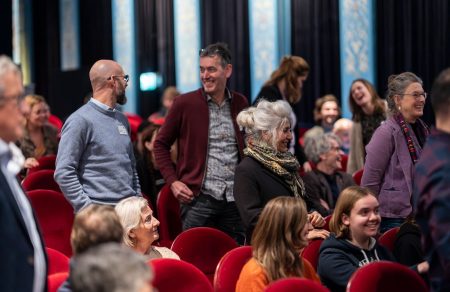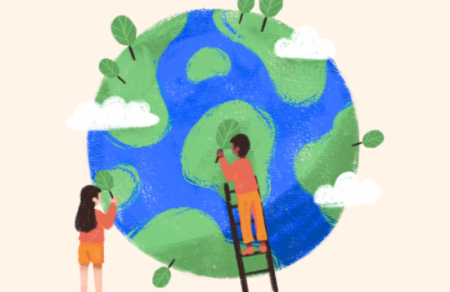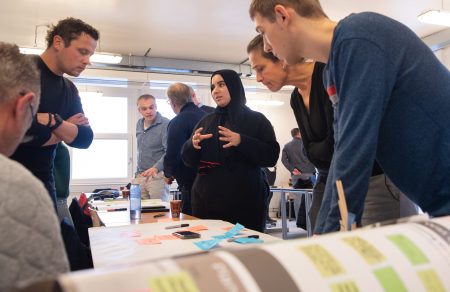This article is part of the Regioportret Friesland. With it we visualize how educational institutions, companies and governments in the region of Friesland are working together on 'circular skills': the skills needed in the circular economy of the future. Each article is written from a different transition perspective, all of which are needed for profound change. This article (1/3) offers the micro-perspective: based on what is happening on the shop floor in Frisian education, look at how we can support young people in acquiring the knowledge, skills and attitude for broad prosperity.
Article 2/3 Article 3/3It is a warm meeting between interlocutors Astrid Rienks, Edith Fernandes, Heleentje Swart, Nina van Veen and Petra Boorsma. A feast of recognition for most. As soon as the conversation starts, you immediately notice that you are dealing with women who are persistently and ardently committed to a circular future. And they firmly agree: "We need more room to grow."
The transition to a circular economy requires a different way of thinking. "To take steps, we need a different type of people. People who think out of the box. Experiment. Not afraid to make mistakes," said Edith, team leader Aeres MBO Life Sciences and education specialist in Food and Environmental Education. "That starts with education." The other ladies nod in agreement. "Students come up with solutions they don't expect in business. They nurture reverse thinking," Astrid adds.
Petra, director of Biosintrum, works daily to facilitate encounters. "In the Biosintrum, we encourage cooperation between education, government and business. Among other things, we work with different groups in education; from grade 1 pupils to university students. With them we experiment and see how to turn something that is not sustainable into a sustainable solution. In this way, education also becomes food for policy makers."
Issues from practice
SPARK the Movement plays a crucial role in connecting educators and young people in the region. Program leader Heleentje, moderator at this meeting, talks about the successful project around the bulrush. "There is a lot of CO2 emissions in the peat meadow areas in Friesland. Growing Lisdodde is a solution. But how do we create an environment where different (competing) business parties work together on a value chain? By helping education to get pupils/students as well as those parties into one space. They set to work on the question of what can we do with that cattail? This resulted in a cleaning product, cookies and diapers, among other things. The three teams will receive money from the province to further develop these products."
Edith also has a good example of a hands-on project with students. "We received an issue from Bakery Sweets Center about returnable bread. White bread, which is normally thrown away, was made into a raw material. To our students the request to make different products from it. Out of that came 24 products: from ice cream to beer." The ladies are impressed. "When you take up such projects with business, curiosity is aroused. From both sides. That change in education is exactly what is needed."
According to Astrid, Research and Design teacher and technator at Stellingwerf College, that change cannot begin early enough. "It's so important that it starts as early as elementary school. That children learn to think in a different way, but also become skilled at making things."
Intrinsic motivation plays important role in young people
Heleentje is curious what vwo student Nina thinks about that. "Working on a solution and really being able to add something. That we are of value. That feeling is important with young people." Together with classmates and German students, she made recommendations on what the government can do to help companies become more sustainable. They discussed the resulting manifesto with the Commissioners of the King from the four northern provinces (Friesland, Groningen, Drenthe and Overijssel) and the prime minister of Lower Saxony. "That was very special. We were really able to indicate there: it's your [policy makers] turn! Empowered by teachers and companies, we got the feeling that we mattered."
"That's so important; that empowerment that you can do it. Therein lies an important point for education," Edith responds. "You can't contribute to everything. Then it becomes too big and too heavy. If, in education, you can help to reduce it and pass on that what you do, you do incredibly well. Then the world becomes a little nicer after all."
Everyone cooperates from their own strengths
What does this nicer world in Friesland look like in 2030? "School is an environment where everyone can and may learn. Not just students and there are no learning years. Everything is mixed together," Edith adds. "It's about the issue. Everyone can contribute something." Astrid also sees a change in value: "More focus on the process. That's much more important. The choices you make. The way you do it. Not the end product."
Tears glisten in Nina's eyes. "This conversation makes me very happy. This makes me feel some hope again. It grabs me," she says emotionally. That does something to the other ladies. "You are sitting here at the table with women who are in the same energy and recognize each other in it. So much is already possible and known. How do we get that positive message spread better?", Heleentje wonders. "Let's make sure that in 2030 there are no young people sitting here with tears in their eyes, but that the whole of Friesland is one big learning network of people working on a circular economy and a sustainable society."
Author: Yael Water
Photography: Bart Lindenhovius
Want to learn more about educating for an inclusive, sustainable future?
Sustainability Skills
Heleentje Swart
Heleentje is program leader of SPARK the Movement. Many initiatives can be found from people who look beyond today and care for themselves, others and the earth. SPARK the Movement fosters this movement in education and plays a crucial role in connecting educators and young people in the region.
Edith Fernandes
Edith is team leader at Aeres MBO Life Sciences and educational specialist in Food and Environmental Education. In the transition to a circular economy, she believes we need people who are not afraid to make mistakes and who dare to experiment.

Nina is a vwo student at Stellingwerf College in Oosterwolde. In involving young people in contemporary issues, she finds it important that they can really contribute. The feeling of contributing and being of value is crucial.
Astrid Rienks
Astrid is a Research and Design teacher and technator at Stellingwerf College, where Nina also attends school. Astrid believes it is very important that children learn from an early age to think differently and become skilled at making things.
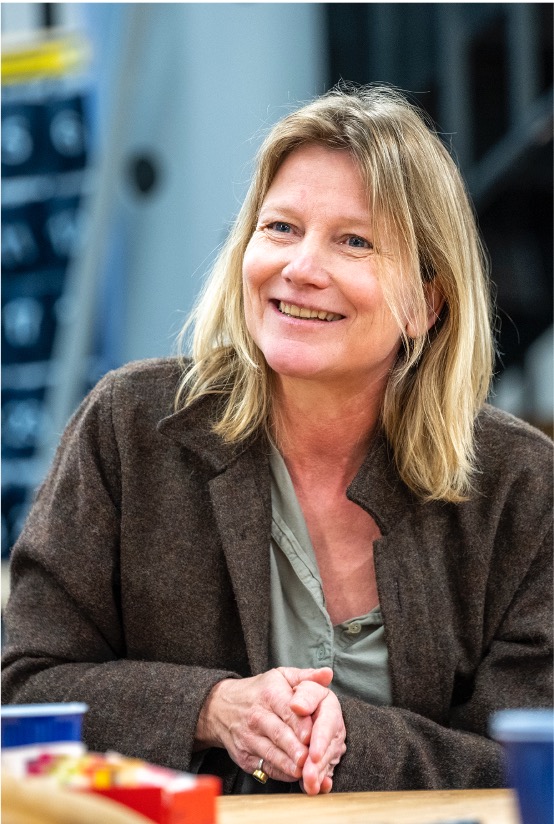
Petra is director of the Biosintrum. Biosintrum is a knowledge, and conference center consisting of more than 80% of biobased materials and the meeting place of education, entrepreneurs and government, pioneering together for a sustainable future.
